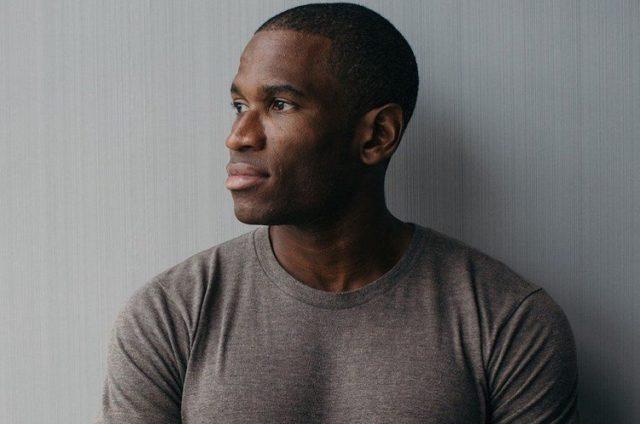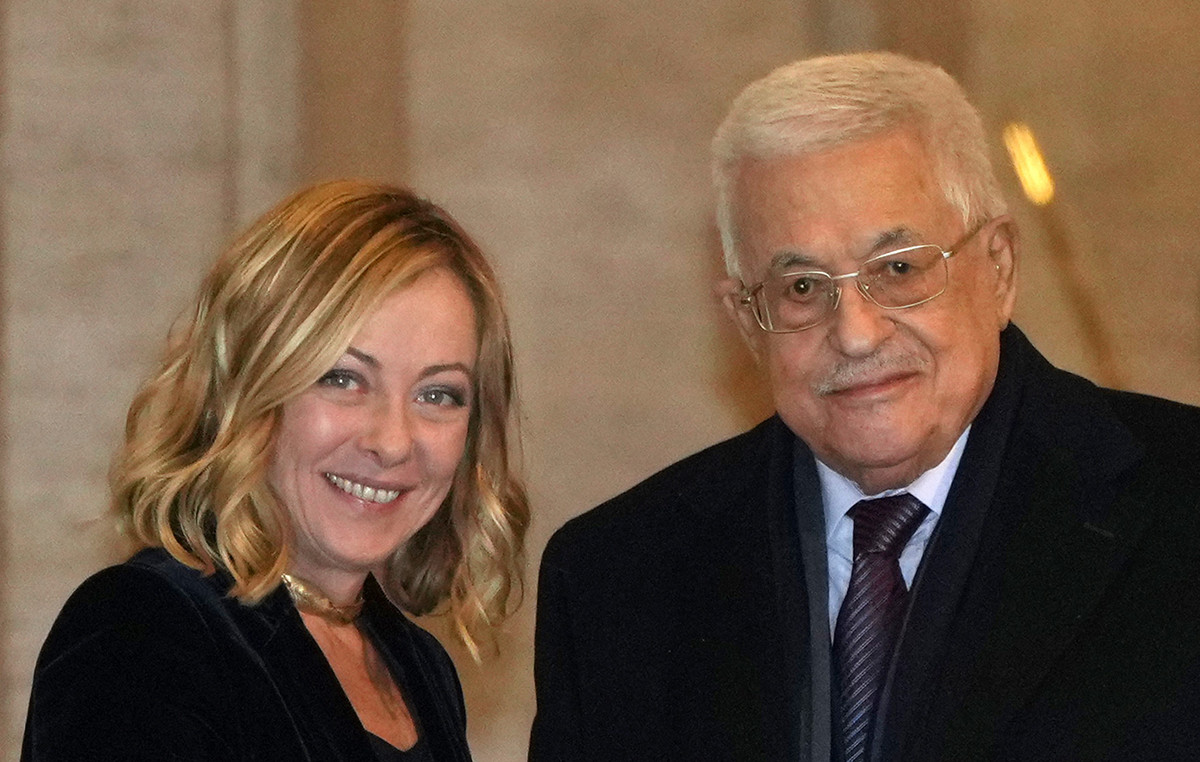Almost 10 years after debuting in Brazil, the Chinese industrial giant BYD announced on Wednesday (16) two launches of electric cars, part of a company bet that could involve a billionaire investment in the largest market in Latin America at a time when the change of government may make the country focus on technologies that reduce carbon emissions.
BYD, which originates from the production of batteries for cell phones and electronic devices and started making cars in China in 2003, has launched two electric SUVs in Brazil, part of a plan to have about a third of its models sold in Brazil. until the end of next year.
Currently, the company produces electric buses and photovoltaic panels in Campinas (SP) and has a battery factory for electric vehicles in Manaus. It also has two monorail projects in Brazil, one in Salvador and another in São Paulo.
The company, China’s largest electric vehicle maker, has also been negotiating the sale of a batch of electric cars to the 99 app transport company.
But with the launches on Wednesday, the Song Plus models – plug-in hybrid – and Yuan Plus – 100% electric – BYD broadens its focus on the consumer sector in the country, approaching the price charged for electric and hybrid SUVs in the country, of R$ 250 thousand.
The price is still steep, but it puts the company in a better position to compete in the segment with groups like Stellantis, Toyota and Caoa Chery, since the only two models sold today by BYD in Brazil – Tan and Han – cost around R$ 500 thousand and focused on the luxury market.
Despite the values, the electric and hybrid car market in Brazil has accelerated, even without a clear national incentive policy. In 2022 until October, sales in the segment rose 44% over the same period last year, even with the cheapest models in the domestic market costing more than R$ 140 thousand.
“I believe now is the right time politically and environmentally for us to invest in building these new technologies in Brazil,” BYD Americas President Stella Li told Reuters during the launch. “But it will be a very challenging process and we need a government that has an open mind for technology to grow here.”
The president-elect, Luiz Inácio Lula da Silva, has promised an agenda to combat climate change. At the end of October, the coordinator of the government program, Aloizio Mercadante, stated that the government needs to stimulate a reindustrialization process focused on a “greener economy” and mentioned that the national automotive industry needs to modernize to include hybrid vehicles.
In October, BYD signed a letter of intent with the government of Bahia that could open vehicle production lines in the industrial area abandoned by Ford in Camaçari. The government of Bahia mentioned investments by the company of around R$ 3 billion, but Li avoided giving details, stating that a decision on the project should come out by the end of this year.
Asked about the risk posed by Brazil’s history of political, economic and legal turmoil, as well as measures adopted by PT governments that privileged established brands in the country to the detriment of Asian rivals, Li said that BYD “has a lot of patience with Brazil”.
“BYD has been in Brazil for almost 10 years… We have experienced many political changes in this period, in addition to the exchange rate, and with inflation. But I think that in the long term, Brazil has its own advantages”, said the executive.
She cited factors such as the size of the market, availability of raw material for batteries like lithium and a new government that appears to be more open to encouraging the sector. “We are in a very good moment to start to really expand technologies in Brazil… and with time Brazil will be able to develop its own industry”, said the executive, referring to electric and hybrid vehicles.
Li cited the tax burden as one of the main reasons for the high prices of electric and hybrid vehicles in the country compared to other markets, but expects Lula’s government to change the picture.
According to the director of sustainability and marketing at BYD in Brazil, Adalberto Maluf, while combustion cars pay between 5% and 10% of IPI, hybrids and electrics pay from 7% to 14%.
“If you charge high taxes, you kill the industry before it can grow,” Li said.
Maluf said that BYD is working with a scenario in which 10% of vehicle sales in Brazil will be electric and hybrid models by 2025, compared to a current level of 2.4%. After that, the slice, according to the executive, should jump to 30% in 2030.
“For us it is a race in Latin America. We need to take a leading position in the region and act quickly,” Li said.
In the region, BYD is also present in Chile, Uruguay, Colombia, Ecuador, Panama, Costa Rica and Mexico.
In Brazil, the plan, according to Maluf, is to increase the number of BYD dealerships from 15 to 25 by December, expanding to 50 by July 2023, reaching 100 by the end of next year. This will cover 85% of the national market, according to the executive.
Source: CNN Brasil
A journalist with over 7 years of experience in the news industry, currently working at World Stock Market as an author for the Entertainment section and also contributing to the Economics or finance section on a part-time basis. Has a passion for Entertainment and fashion topics, and has put in a lot of research and effort to provide accurate information to readers.







